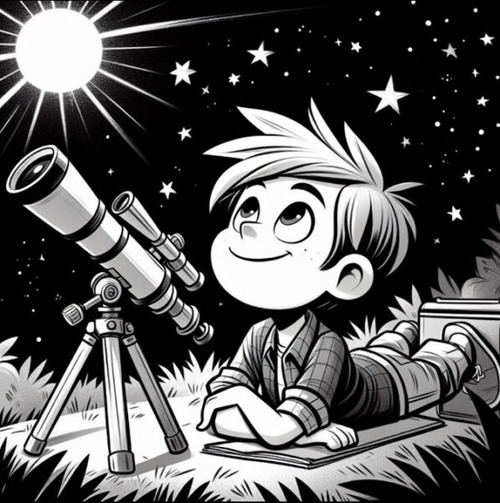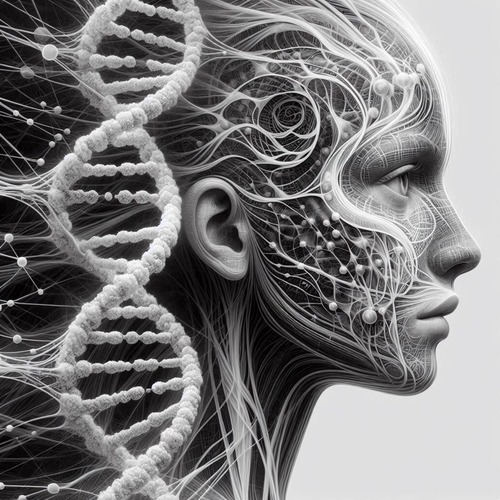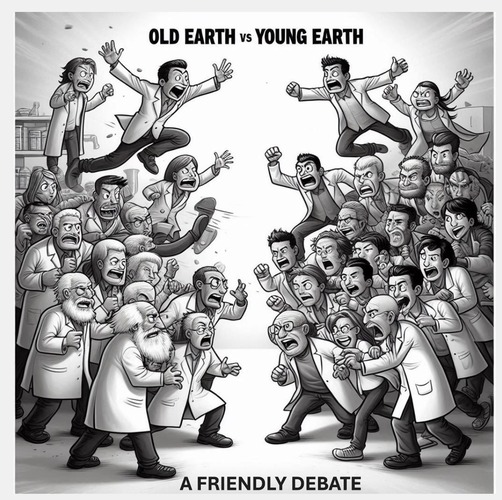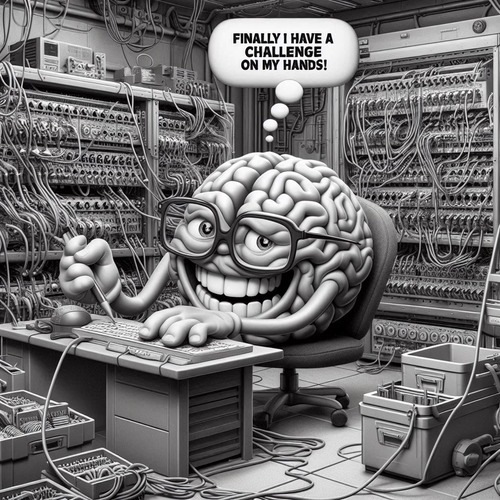The Teleological Argument: Unveiling Design in a Universe of Wonder
Unveiling Design in a Universe of Wonder
Remember those nights when you lay gazing at the intricate spirals of a galaxy or marvelling at the symphony of life on Earth? The teleological argument for God’s existence invites us to consider these wonders as evidence of a grand design. This powerful argument, also known as the “argument from design,” proposes the order and complexity of the universe don’t exist by chance, but rather point to an intelligent Creator.
A Universe Screaming Design:
Imagine a masterfully crafted watch—its intricate gears and precise timing bespeak a watchmaker. The teleological argument suggests the universe is like this watch, showcasing a level of complexity that screams “design.” Just as a watch wouldn’t exist by accident, the universe’s fine-tuned physical laws, from the perfect balance of forces for star formation to the delicate conditions needed for life, all hint at an underlying intelligence.
Beyond Chance: The Delicate Balance of Existence
Consider the Earth—its distance from the sun, its size, and its unique atmosphere—all perfectly calibrated for life. Minor alterations in these factors would render our planet lifeless. This “fine-tuning” argument highlights how improbable life is without a guiding hand.
The “unreasonable effectiveness of mathematics” in describing the universe further strengthens this point. Why do these abstract concepts perfectly align with how the universe works? This harmony suggests a pre-existing plan, potentially orchestrated by a brilliant designer.
The Mystery of Life: Irreducible Complexity
Think about the human body—a marvel of interconnected systems. The teleological argument finds support in the concept of “irreducible complexity.” Certain biological systems, like the bacterial flagellum, a microscopic motor essential for bacterial movement, are so intricate that removing even a single component would render them useless. This complexity challenges gradual evolutionary explanations, suggesting the need for an intelligent designer to assemble such systems from the start.
Beyond the Physical: The Human Experience
The human experience transcends the physical. Our capacity for consciousness, morality, and abstract thought presents a puzzle for purely materialistic explanations. While advancements like fMRI technology are helping us understand the brain better, the essence of consciousness remains a mystery. This gap in purely scientific explanations leaves room for the possibility of a higher intelligence behind human design, aligning with the teleological argument.
A Universe Whispering Purpose:
The teleological argument invites us to view the universe not as a random accident but as a meticulously crafted design. Science continues to unravel the universe’s secrets, but the teleological argument posits that the observed order and complexity are best explained by the existence of an intelligent designer. This argument serves as a bridge, allowing us to integrate scientific observations with philosophical insights, leading us to contemplate the profound design woven into the very fabric of the cosmos.
Ready to Delve Deeper?
The teleological argument sparks curiosity and opens doors for further exploration. If you’d like to learn more about this fascinating topic or other apologetics arguments, feel free to browse our website or contact us directly!
Related Reads:
- The Ontological Argument: Can We ‘Logic’ Our Way to God?
- Aquinas’ Quinque Viae: Timeless Arguments for the Existence of God
- The Universal Moral Oughts: Signposts to the Divine
- The Kalam Cosmological Argument: A Quest for Cosmic Beginnings
- The Fine-Tuning Argument: Can Orchestras Compose and Conduct Themselves?
Editor's Pick

Sacred Sorrow: Why Jesus Calls Mourning a Blessing
MAKING SENSE OF THE DIVINE PARADOX IN MATTHEW 5:4 When Jesus declared, “Blessed are those who mourn, for they will [...]

‘Sell Everything You Have…’: Are We To Do So Literally?
When Jesus encountered the rich young ruler in Matthew 19:21, His words cut through with startling clarity: “If you want [...]

Why Jesus Said ‘It’s Better I Go Away’…
THE SUPERIOR GIFT OF THE HOLY SPIRIT “Nevertheless, I tell you the truth: it is to your advantage that I [...]

What About Those Who’ve Never Heard the Gospel?…
WILL GOD SHOW THEM MERCY ON JUDGEMENT DAY? Few questions tug at the Christian’s heart like this one. Picture the [...]

Cities of Refuge: Foreshadowing Our Safe Haven in Jesus
Picture this: A man is chopping wood with his neighbour when the axe head flies off the handle, striking and [...]

Testament to Design: The Engineering Marvel of Elephants
Picture an African elephant delicately plucking a single acacia leaf with the tip of its trunk, then moments later using [...]

Blue Whales: Mammoth Icons of Intelligent Design
Imagine an animal so massive its heart alone weighs as much as a small car, yet so precisely engineered it [...]

Do Unbelieving Kids Disqualify Church Leaders?
REFORMED PERSPECTIVES ON 1 TIMOTHY 3 AND ELDER QUALIFICATIONS Every pastor knows the heartbreak. A faithful elder who has served [...]

Why Did God Kill Onan? Wasn’t the Punishment Disproportionate?
The story of Onan in Genesis 38 troubles many. Why would God strike down a man for what seems like [...]

Is God Preparing Me for Ministry? How May I Know for Sure?
The question haunts many faithful believers. You’re serving faithfully in your local church, perhaps teaching Sunday school or leading a [...]
SUPPORT US:
Feel the Holy Spirit's gentle nudge to partner with us?
Donate Online:
Account Name: TRUTHS TO DIE FOR FOUNDATION
Account Number: 10243565459
Bank IFSC: IDFB0043391
Bank Name: IDFC FIRST BANK






